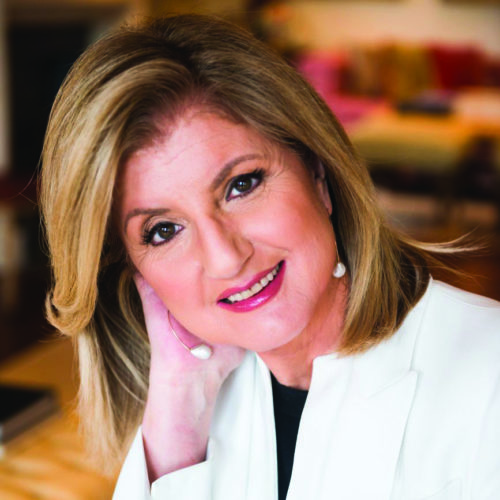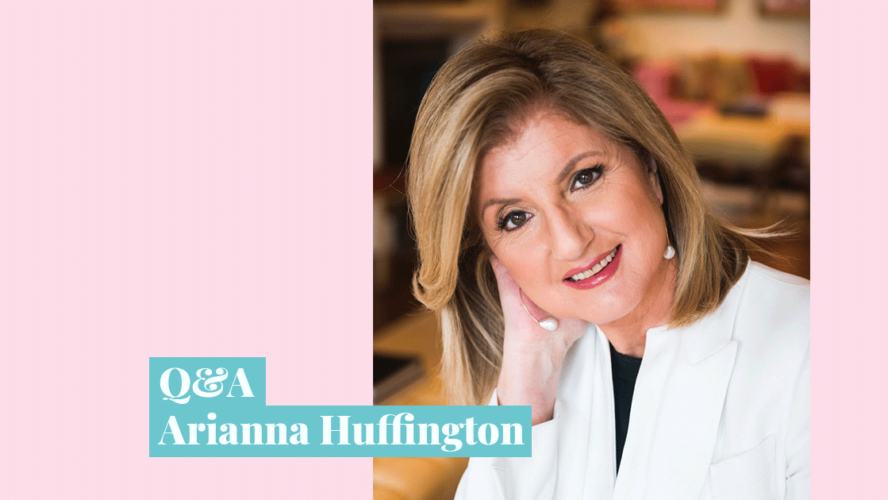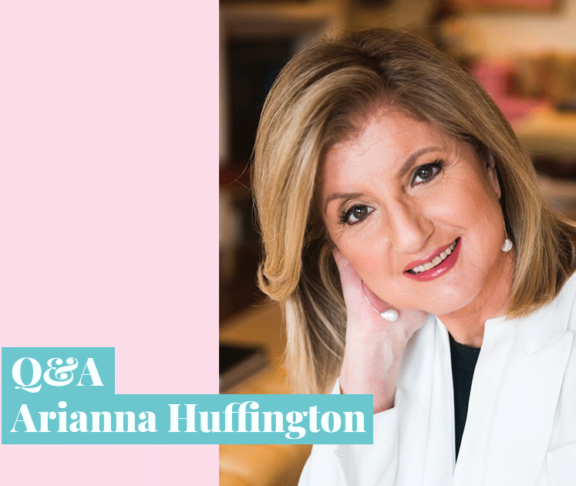
Arianna Huffington
Founder and CEO of Thrive Global, Founder of The Huffington Post & author of The Sleep Revolution
Mediaplanet spoke with Arianna Huffington, Founder and CEO of Thrive Global, Founder of The Huffington Post & author of The Sleep Revolution, about the negative effects sleep deprivation can have on both our mental and physical health.

What would your advice be for those not prioritizing their own sleep?
I would urge those not taking their sleep seriously to consider the science on sleep, which is very clear. Sleep isthe underpinning of every aspect of our physical and mental health. Sleep deprivation affects our physical health by putting us at higher risk of a host of illnesses, like heart disease, high blood pressure, diabetes and stroke. For our mental health, sleep deprivation is associated with higher rates of depression and anxiety, as well as reduced empathy, emotional intelligence and ability to focus. All great reasons to prioritize sleep!

What is the biggest change/benefit you have seen since beginning to prioritize your sleep?
Since I’ve made sleep a priority in my life, I’m not only more productive, calmer and less stressed, but I also feel more present to enjoy my life and those around me.

What are your tips for those struggling to balance work and getting adequate, quality sleep at night?
One tip is to declare an end to the day, even if you haven’t completed your to-do list. That means being comfortable with incompletions. It’s always impossible to do all you could have done in any one day. But once you’ve handled the day’s essential priorities, you can declare an end to the dayand recharge, so you can return to work the next day ready to seize new opportunities.
Another tip is to have a routine that tells your mind and body that it’s time to begin winding down and say goodbye to the day.
For me, I treat my transition to sleep as a sacrosanct ritual. The first part — and this is essential — is that I turn off all my electronic devices and gently escort them out of my bedroom. Our phones are repositories of everything we need to put away to allow us to sleep — our to-do lists, our inboxes, the demands of the day. So charging our devices in another room allows us to wake up as recharged as our phones.

What was the inspiration behind starting Thrive Global?
The seeds of Thrive Global go back to 2007, when I collapsed from exhaustion and burnout. I started learning more and more about the connection between well-being, resilience and productivity. I realized that the idea that burnout is the price we have to pay for success is a complete myth.
That led me to write my two books, Thrive and The Sleep Revolution. And as I went around the world speaking about my experience, I saw two things: first, that we’re in a growing epidemic of stress and burnout. And second, that people deeply want to change the way they work and live. I wanted to go beyond just speaking out and raising awareness — I wanted to help people turn awareness into action and make real changes in their daily lives. It was a call to action I just couldn’t ignore, and so I founded Thrive Global in 2016, with the mission to end the stress and burnout epidemic.
Because that epidemic of stress and burnout is systemic, that means the solutions have to be systemic. So what we’ve built with Thrive is a behavior change technology company that’s able to scale solutions throughout entire organizations and to every employee. Well-being isn’t a perk, it’s an essential strategy for business success. So Thrive createscutting-edge technology that embeds well-being into the fabric of the employee experience and workflow.

Are there things one can do during the day to help their quality of sleep at night?
A good night’s sleep starts the day before. Things that can help set us up for a good night’s sleep include trying to wake up at roughly the same time each day, making time for regular movement each day, taking short breaks throughout the day to prevent stress from becoming cumulative, and cutting off caffeine in the afternoon (many experts recommend no caffeine after 2pm).


